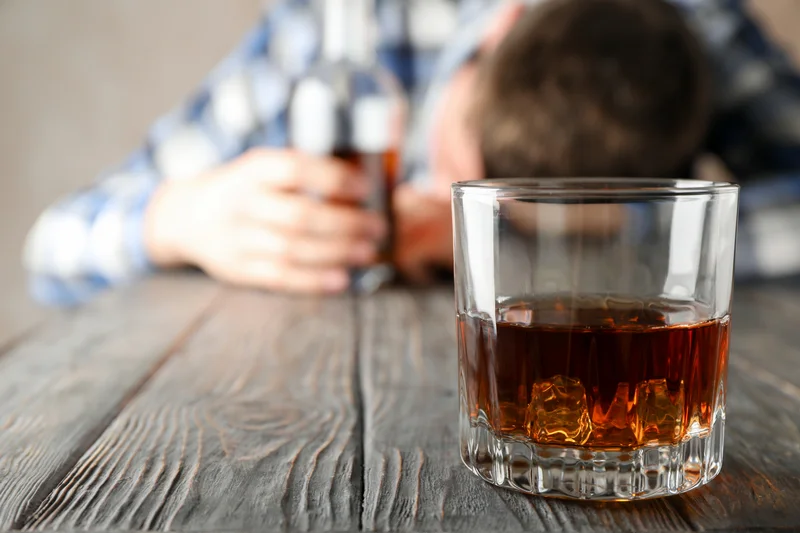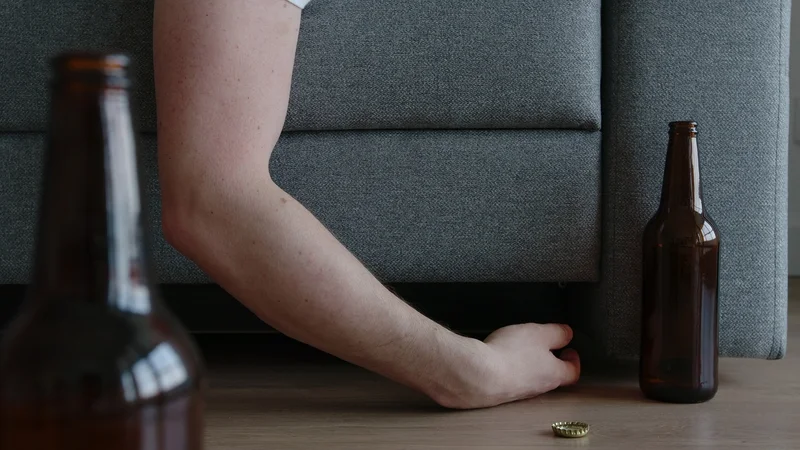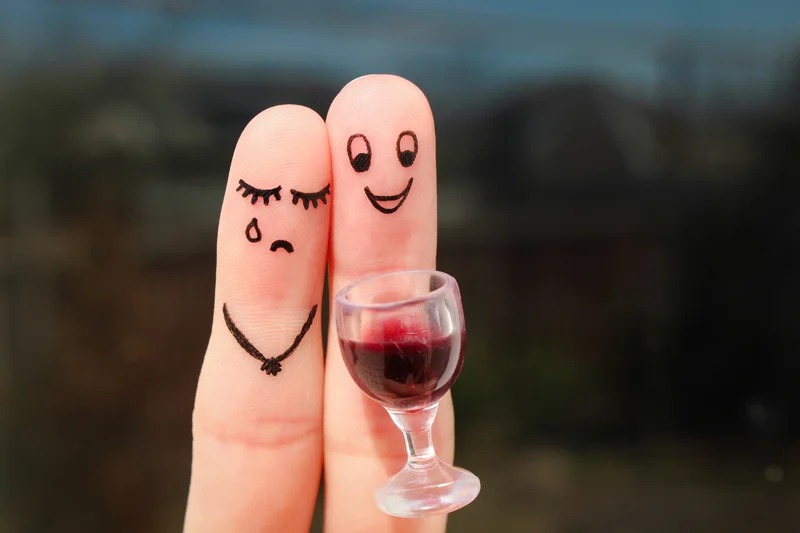
Alcohol dependency can easily reach a point where attempts at self-treatment are impractical and ineffective. Long-term alcoholics are likely to experience severe withdrawal symptoms or physical consequences. Symptoms of withdrawal may include seizures, hallucinations, or death as a result of delirium tremens.
Fetal Alcohol Spectrum Disorders (FASDs)
There are also online communities that provide anonymity and 24-7 accessibility, making them valuable resources for those who can’t attend in-person meetings or need support at unusual hours. If no one’s pressuring you, but you still feel a desire to fit in, have a non-alcoholic beverage. Simply having a drink to sip on might make you feel more at ease. This strategy can also how to stop binge drinking come in handy if you’re with a group of friends who want to play drinking games.
Seeking Addiction Treatment With Kembali
This might involve eating without distractions, paying attention to how food tastes and feels, and checking in with yourself throughout meals. Nutritional counselling often focuses on meal planning and ensuring you’re getting adequate nutrition throughout the day. When your body is properly nourished, you’re less likely to experience the intense cravings that can lead to binge episodes. Some people might have differences in how their brains respond to food, making them more susceptible to addictive-like eating behaviours.

Resources for Support
Many grocery stores, restaurants, and tourist attractions make alcohol available to their guests, increasing the accessibility to alcohol in our day-to-day lives. The environment of our culture also promotes drinking which contributes to binge drinking. One of the best ways to stop binge drinking is to find new hobbies and activities that don’t involve alcohol.
- Stress is often one of the most significant drivers of binge drinking.
- To demystify this concept, let’s delve into its definition and criteria.
- Local treatment facilities offer services for those seeking help, from detoxification to aftercare.
- Alcohol use disorders result from excessive and repeated exposure to alcohol and encompass conditions such as alcohol abuse, alcohol addiction, alcohol dependence and alcoholism.
- It involves giving yourself permission to eat and trusting your body to make good choices around foods.

The truth is other people are usually far less focused on you than you believe. It might seem convenient when you have company over, but it also makes it easier to reach for multiple drinks while you’re alone. If you do end up storing alcohol at home, keep in the back of the fridge or in a high cabinet—somewhere out of immediate sight. In addition to taking breaks for water, make a habit of slowly sipping your alcohol. Rather than chug your beer or mixed drink, take time to hold it in your mouth and appreciate its taste.

The lack of sleep worsens your depressive systems, so you turn to alcohol again. Alcohol abuse can affect brain structure development, so people who start binge drinking as teens or young adults may experience issues with learning and concentrating. Studies show that binge drinking can affect your working memory, which is your ability to store short-term information and keep track of what you’re doing. Understanding the effects of binge drinking can increase your motivation to cut back on how much alcohol drug addiction you consume in one sitting. If you’re a binge drinker, the first step to changing your drinking problem is to understand what factors drive your behavior. Depending on your age, different factors may come into play, but some motivations are common among all age groups.

With that in mind, try planning alternative activities in place of drinking. For example, rather than going out to a bar or party, ask some of your closest friends if they’d like to have a movie night or game night instead. At Ria, we offer weekly meetings with certified counselors to help members stay on track and build skills for long-term change. Excessive drinking has numerous impacts on your body and mind, ranging from mild to severe.
- But as I learned more about alcohol use disorder, I realized that binge drinking and heavy drinking are often deeply ingrained in the brain.
- It might seem convenient when you have company over, but it also makes it easier to reach for multiple drinks while you’re alone.
- If you are uncomfortable with the amount of binge drinking you engage in, it’s time to get help.
- You can choose between inpatient and outpatient programs based on the severity of your addiction and your lifestyle requirements.
- When you can look at the cold, hard facts, you cannot escape how much you drink.
There’s something incredibly powerful about connecting with others who understand exactly what you’re going through. Group therapy or support groups can provide a sense of community and reduce the isolation that often comes with binge eating. What makes this particularly challenging is the shame and secrecy that often surround binge eating. Many people hide their eating behaviours from friends and family, eating normally in public but struggling in private. This isolation can make the problem feel even bigger and more insurmountable than it already is.
If you do want to drink, you can purchase just enough to https://ecosoberhouse.com/article/alcoholics-heart-problems-cardiomyopathy/ safely drink in moderation at the time. If you have a tendency to drink more than you should, do not keep alcohol within easy reach. Limited access to alcohol means you won’t be as tempted to drink it. Sign up to receive the latest health news and trends, wellness & prevention tips, and much more from Orlando Health.
